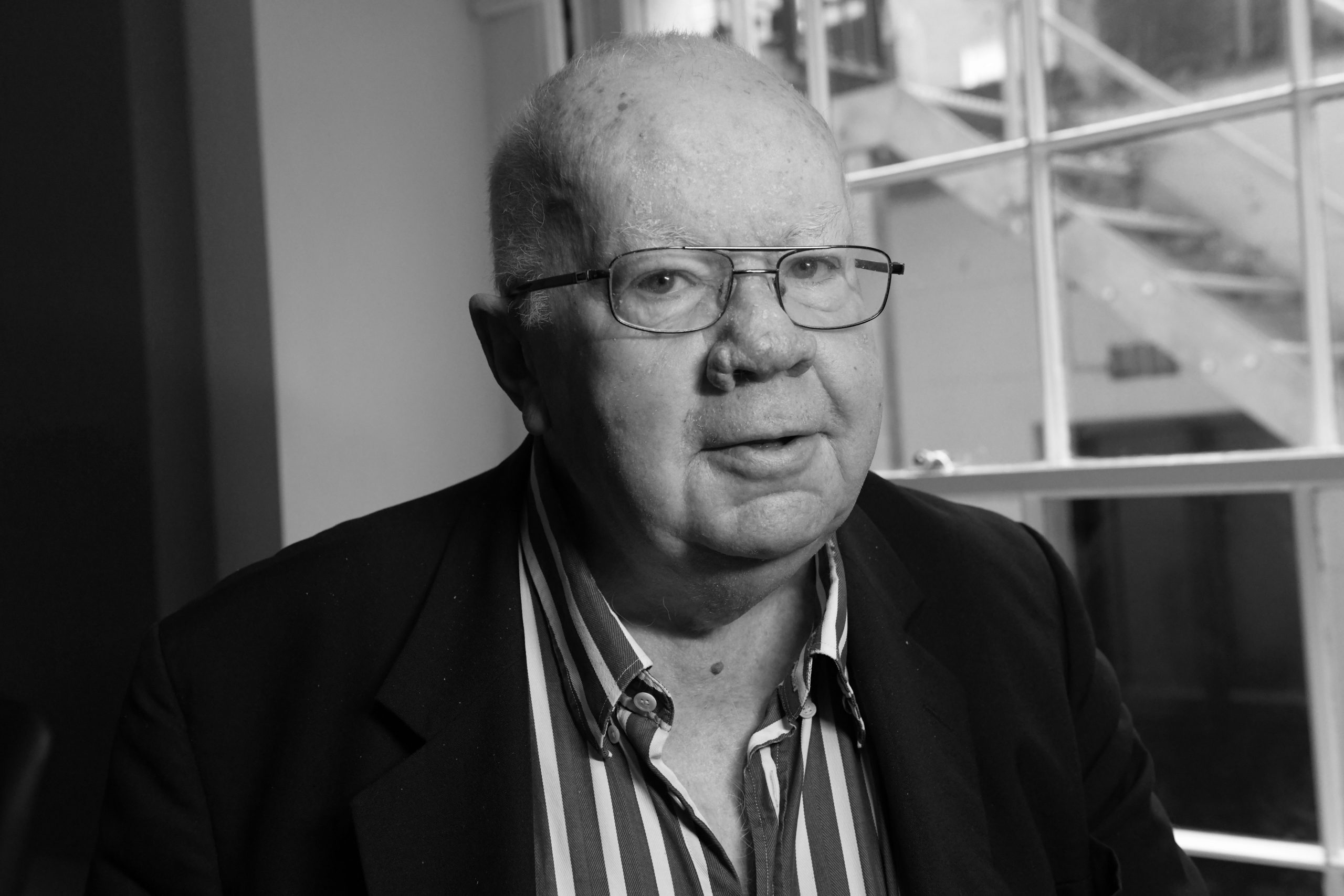This article is a trailer urging readers to listen to my podcast that runs for as long as many feature films (90-minutes) and I believe this audience with Michael Lillis is worth the cost of your subscription. And here’s Michael… gliding effortlessly from the apex of the Irish public service to the boardroom of Ireland’s most exciting international company. After helping to negotiate the Anglo Irish Agreement, arguably the most important treaty this state has entered into since independence, he joined Guinness Peat Aviation, the company that persuaded the world to lease aircraft from Ireland. And all that was before…
Cancel at any time. Are you already a member? Log in here.
Want to read the full story?
Unlock this article – and everything else on The Currency – with an annual membership and receive a free Samsonite Upscape suitcase, retailing at €235, delivered to your door.

